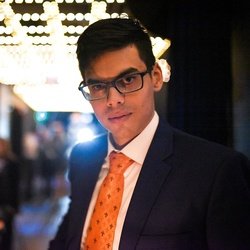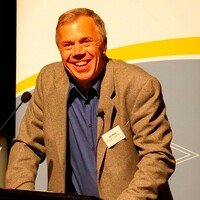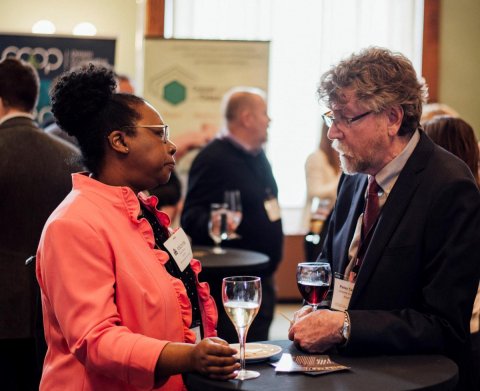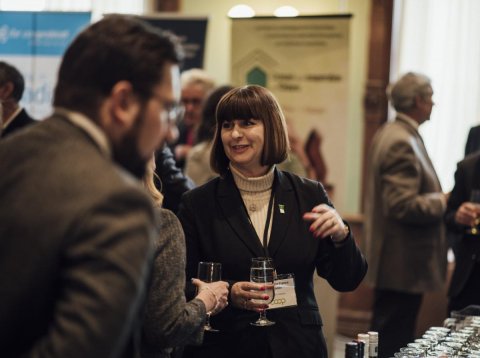Respectful Engagement: Strategies for Engaging Equity-Seeking Populations
9:00am to 4:00pm
10 Carden
42 Carden Street
Learn how to effectively engage and empower equity-seeking populations in your community
This workshop will provide an opportunity for participants to learn more about the theory and practice behind engaging equity-seeking populations in your community (e.g., rural youth, members of the LGBTQ2+ community, Indigenous communities etc.), identify the community connections and relationships that are required for effective engagement, and share resources and learnings with each other. Through a mix of presentations, interactive exercises, and reflection, you'll learn tangible ways that you can engage these populations in a safe, respectful, and collaborative way.
Register for Respectful Engagement
What Will I Learn?
Through a mix of engaging presentations, peer learning, and interactive exercises, you will learn:
- An overview of different types of engagement ranging from informing to empowering, and when each type of engagement may be most appropriate
- Principles and appropriate practices for engaging equity-seeking populations based on best practices from across Canada
- Practical strategies for reaching hard-to-reach populations, including various forms of recruitment and alternatives to in-person meetings
- Approaches for meaningful engagement once populations have been recruited – how to go beyond town hall meetings to authentically engage with these populations so that they are respected and heard
Who Is This Workshop For?
This workshop is for anyone in the public or voluntary sector who:
- Is seeking authentic ways of connecting with diverse populations in your community
- Is interested in driving community change or a social good that has an impact on equity-seeking populations
- Leads or manages programs (including their development and ongoing implementation), organizations, or community engagement activities

 1:00pm - 2:00pm Eastern Time
1:00pm - 2:00pm Eastern Time

 John McKnight, Asset-Based Community Development Institute
John McKnight, Asset-Based Community Development Institute Cormac Russell, Nurture Development
Cormac Russell, Nurture Development


